Import controls in Europe – the example of Belgium
- 27/05/2021
- Posted by: Gaetan Dermien
- Category: Africa, Caribbean, News, Pacific
No Comments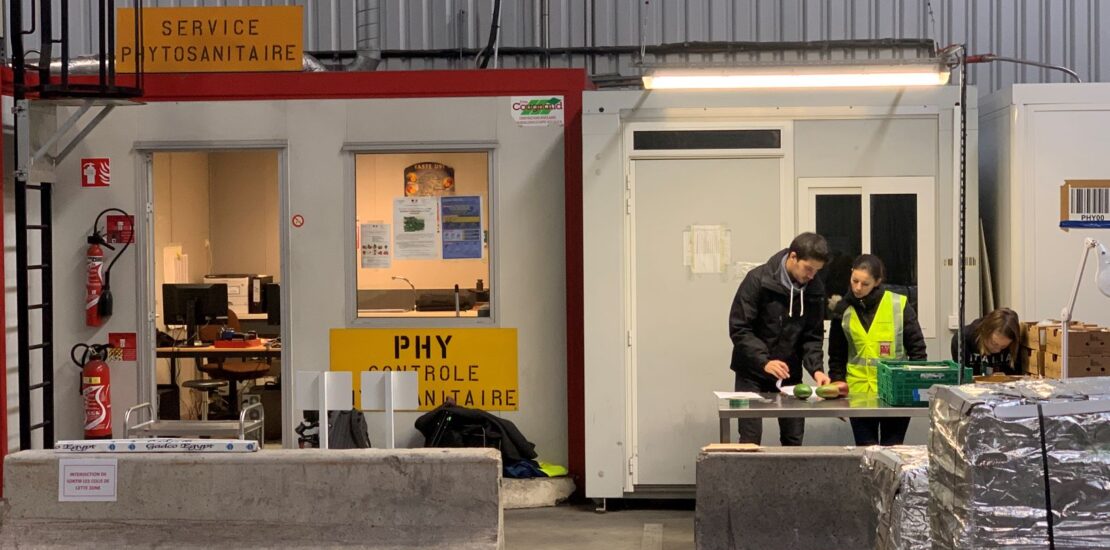 On 4 May, COLEACP held a meeting with National Plant Protection Organisations (NPPOs) and stakeholders in the fruit and vegetable sector of ACP countries on “How import controls of fresh fruit and vegetables are carried out in Europe – the example of Belgium”. The meeting was well attended, gathering around 60 participants representing NPPOs from all ACP regions along with COLEACP experts. Following presentations on the experiences of Senegalese and Kenyan exporters, Lazlo Avonts described the activities of the Border… +
On 4 May, COLEACP held a meeting with National Plant Protection Organisations (NPPOs) and stakeholders in the fruit and vegetable sector of ACP countries on “How import controls of fresh fruit and vegetables are carried out in Europe – the example of Belgium”. The meeting was well attended, gathering around 60 participants representing NPPOs from all ACP regions along with COLEACP experts. Following presentations on the experiences of Senegalese and Kenyan exporters, Lazlo Avonts described the activities of the Border… +Establishing and updating national lists of regulated pests
- 21/04/2021
- Posted by: Gaetan Dermien
- Category: Africa, Caribbean, News, Pacific
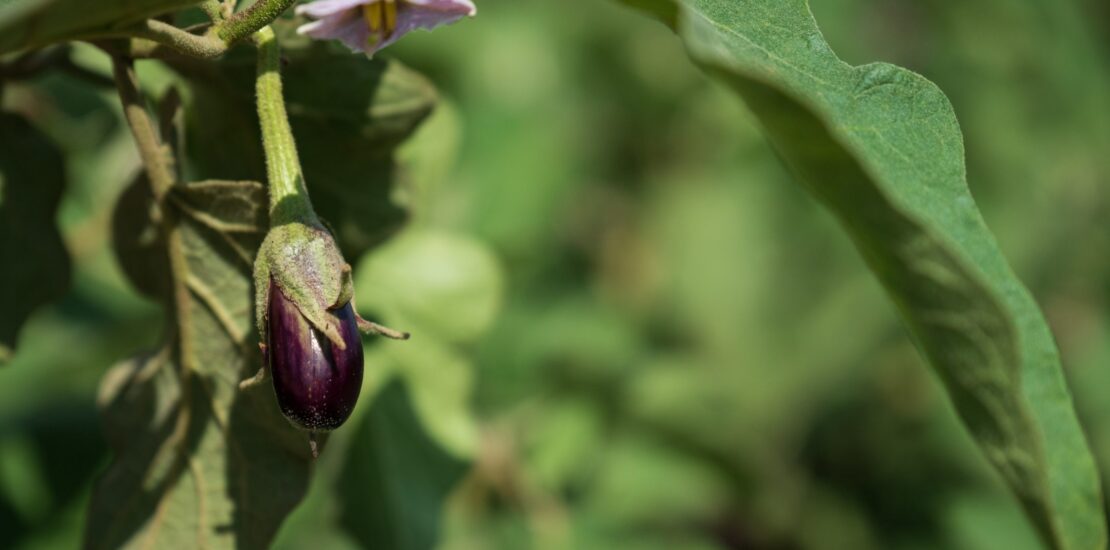 COLEACP has been holding a series of e-meetings on sanitary and phytosanitary (SPS) issues with National Plant Protection Organisations (NPPOs) from ACP countries. The latest meeting, on 15 April, focused on “Establishment and update of regulated pest lists in ACP countries – main implications and challenges”. This interactive session allocated time for the exchange of information and experiences between the speakers, participants and the COLEACP team. A representative from the International Plant Protection Convention (IPPC) gave a short introduction explaining… +
COLEACP has been holding a series of e-meetings on sanitary and phytosanitary (SPS) issues with National Plant Protection Organisations (NPPOs) from ACP countries. The latest meeting, on 15 April, focused on “Establishment and update of regulated pest lists in ACP countries – main implications and challenges”. This interactive session allocated time for the exchange of information and experiences between the speakers, participants and the COLEACP team. A representative from the International Plant Protection Convention (IPPC) gave a short introduction explaining… +PAFO–COLEACP four-week Online trainings in April – crop protection and safe use of pesticides
- 18/03/2021
- Posted by: Gaetan Dermien
- Category: Africa, News
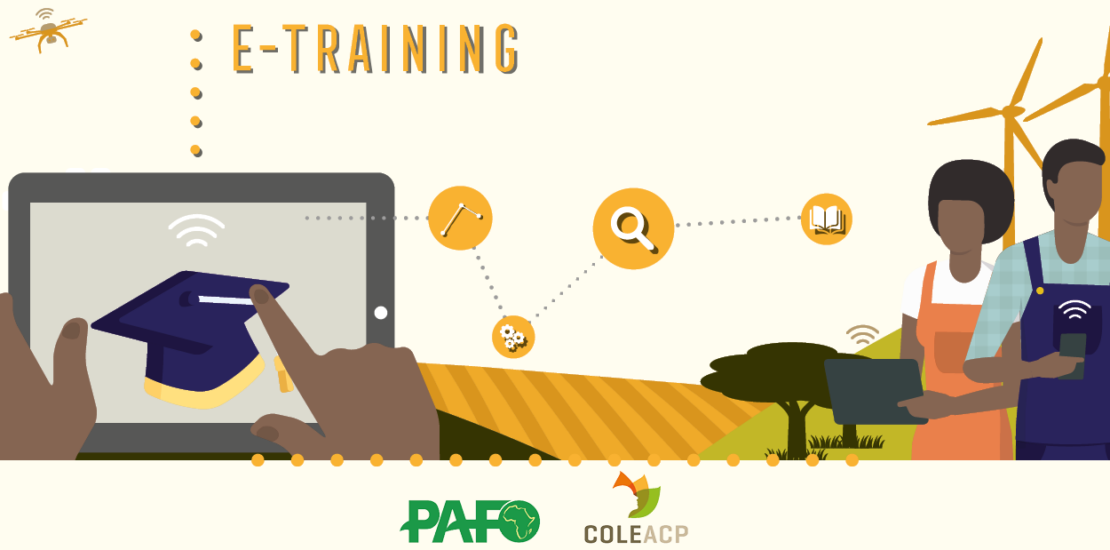 PAFO (the Pan-African Farmers’ Organization) and COLEACP are collaborating on online trainings on ‘Crop protection and safe use of pesticides’, to be held over four weeks in April. The E-trainings are designed for farmers, technical staff, agronomists and extension workers (who must be PAFO members), who want to learn about the principles and skills relating to integrated crop protection and safe pesticide use. There will be one two-hour webinar each week during April, with French and English versions running in… +
PAFO (the Pan-African Farmers’ Organization) and COLEACP are collaborating on online trainings on ‘Crop protection and safe use of pesticides’, to be held over four weeks in April. The E-trainings are designed for farmers, technical staff, agronomists and extension workers (who must be PAFO members), who want to learn about the principles and skills relating to integrated crop protection and safe pesticide use. There will be one two-hour webinar each week during April, with French and English versions running in… +Support for NPPOs: Banana fusarium wilt TR4 in West Africa
- 10/03/2021
- Posted by: Sandra Borma
- Category: Benin, Burkina Faso, Cape Verde, Côte d'Ivoire, Gambia, Ghana, Guinea, Guinea-Bissau, Liberia, Mali, News, Niger, Nigeria, Senegal, Sierra Leone, Togo
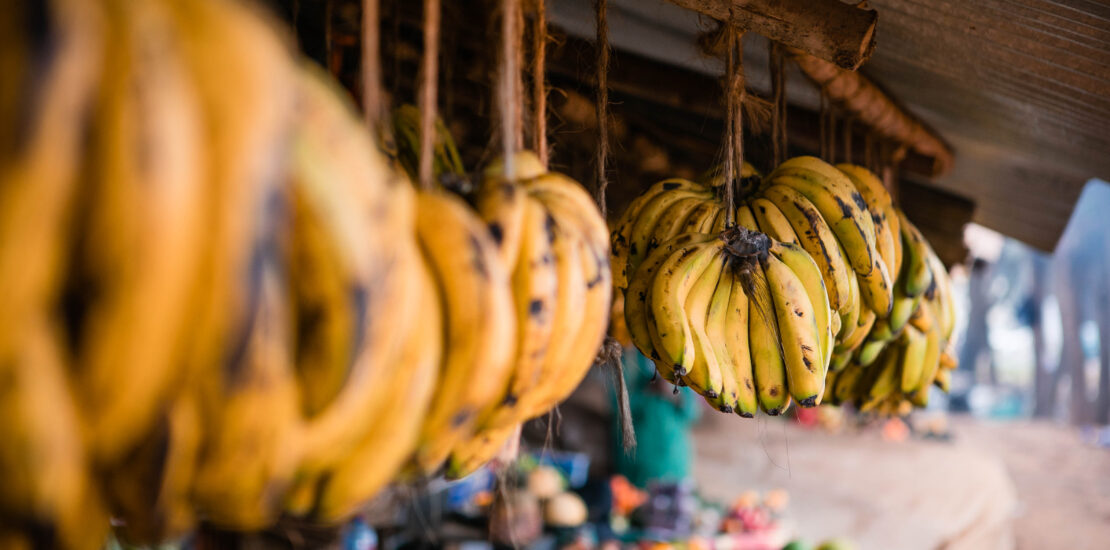 On 9 March, COLEACP and the Economic Community of West African States (ECOWAS) held a webinar with the FAO-led World Banana Forum: “Banana fusarium wilt TR4 – an overview of distribution and impact, and the essential biosecurity measures needed for West Africa”. TR4 is an aggressive strain of banana fusarium wilt (Fusarium oxysporum f.sp. cubense tropical race 4), one of only six strains that attack Cavendish bananas. If unchecked, TR4 can wipe out an entire plantation. The meeting gave an… +
On 9 March, COLEACP and the Economic Community of West African States (ECOWAS) held a webinar with the FAO-led World Banana Forum: “Banana fusarium wilt TR4 – an overview of distribution and impact, and the essential biosecurity measures needed for West Africa”. TR4 is an aggressive strain of banana fusarium wilt (Fusarium oxysporum f.sp. cubense tropical race 4), one of only six strains that attack Cavendish bananas. If unchecked, TR4 can wipe out an entire plantation. The meeting gave an… +Study in CEMAC on procedures for inspection and control of the entry, sale and use of pesticides
- 25/02/2021
- Posted by: Sandra Borma
- Category: Cameroon, News
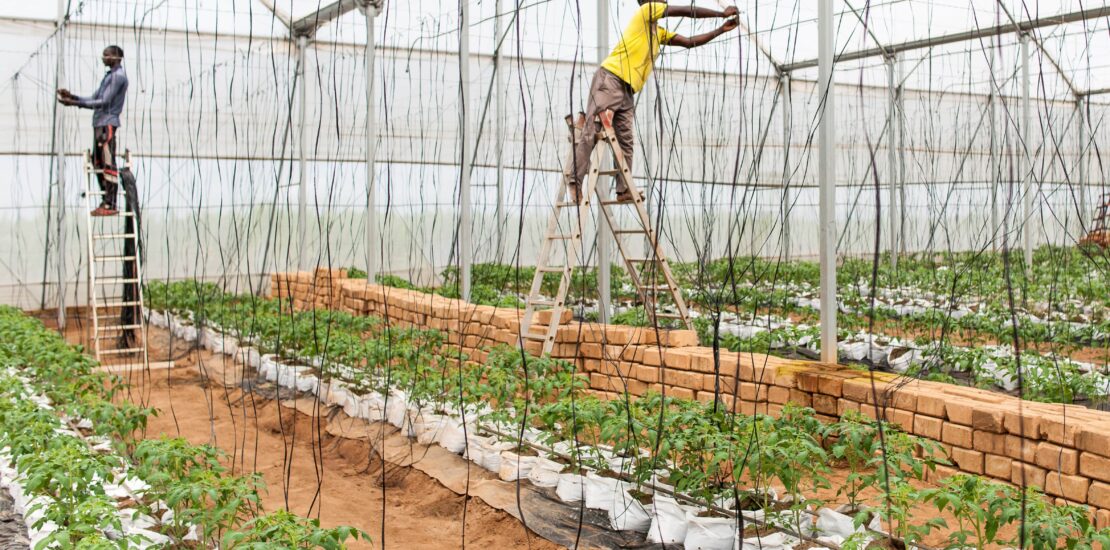 A diagnostic study on inspection and control procedures for the entry, sale and use of pesticides is currently under way in the Economic and Monetary Community of Central Africa (CEMAC). Implemented under COLEACP’s Fit for Market SPS programme, the study was initiated by a request from CEMAC’s Comité Inter-Etats des Pesticides de l’Afrique Centrale (CPAC), which coordinates the management of pesticides within CEMAC. The study will involve defining an action plan for the six CEMAC States, which should contribute to… +
A diagnostic study on inspection and control procedures for the entry, sale and use of pesticides is currently under way in the Economic and Monetary Community of Central Africa (CEMAC). Implemented under COLEACP’s Fit for Market SPS programme, the study was initiated by a request from CEMAC’s Comité Inter-Etats des Pesticides de l’Afrique Centrale (CPAC), which coordinates the management of pesticides within CEMAC. The study will involve defining an action plan for the six CEMAC States, which should contribute to… +Finding alternatives to control priority pests and diseases
- 17/02/2021
- Posted by: Gaetan Dermien
- Category: Africa, Avocados, Capsicum, Caribbean, Kenya, Mangoes, News, Pacific
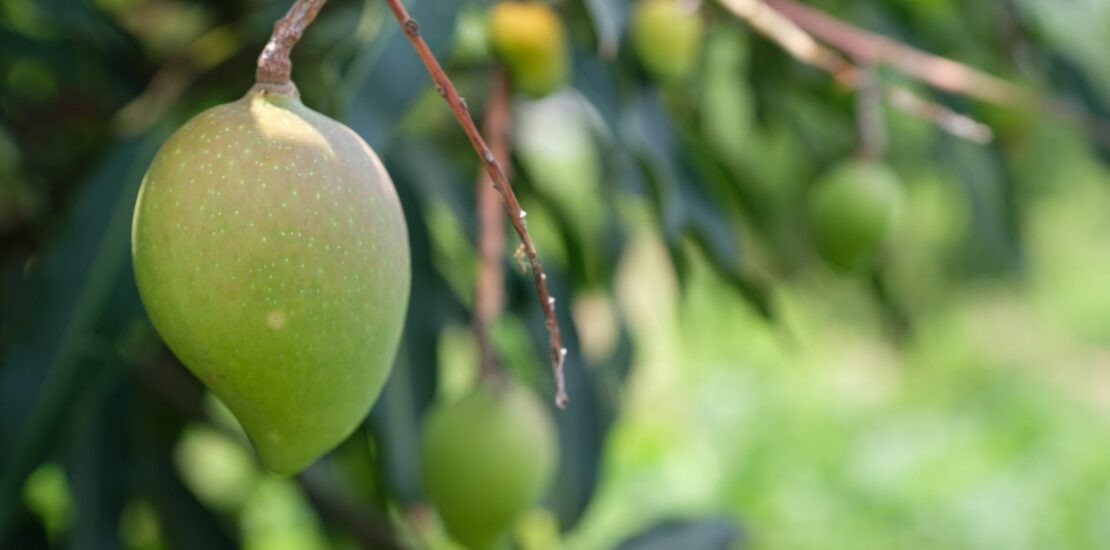 Research & Innovation activities at COLEACP aim to ensure that solutions are available to farmers to tackle priority pests and diseases Challenges following EU ban on PPPs Every year, the use of many plant protection products (PPPs) is affected by regulatory changes – that is, changes in approvals and Maximum Residue Limits (MRLs). This has a direct impact on producers who often must change production methods (good agricultural practices – GAP) to comply with the new rules. Any non-compliances can… +
Research & Innovation activities at COLEACP aim to ensure that solutions are available to farmers to tackle priority pests and diseases Challenges following EU ban on PPPs Every year, the use of many plant protection products (PPPs) is affected by regulatory changes – that is, changes in approvals and Maximum Residue Limits (MRLs). This has a direct impact on producers who often must change production methods (good agricultural practices – GAP) to comply with the new rules. Any non-compliances can… +COLEACP–ECOWAS Cooperation Agreement
- 11/12/2020
- Posted by: Emmanuel Bourcelet
- Category: Africa, Benin, Burkina Faso, Cape Verde, Côte d'Ivoire, Gambia, Ghana, Guinea, Guinea-Bissau, Liberia, Mali, Mangoes, Niger, Nigeria, Senegal, Sierra Leone, Togo
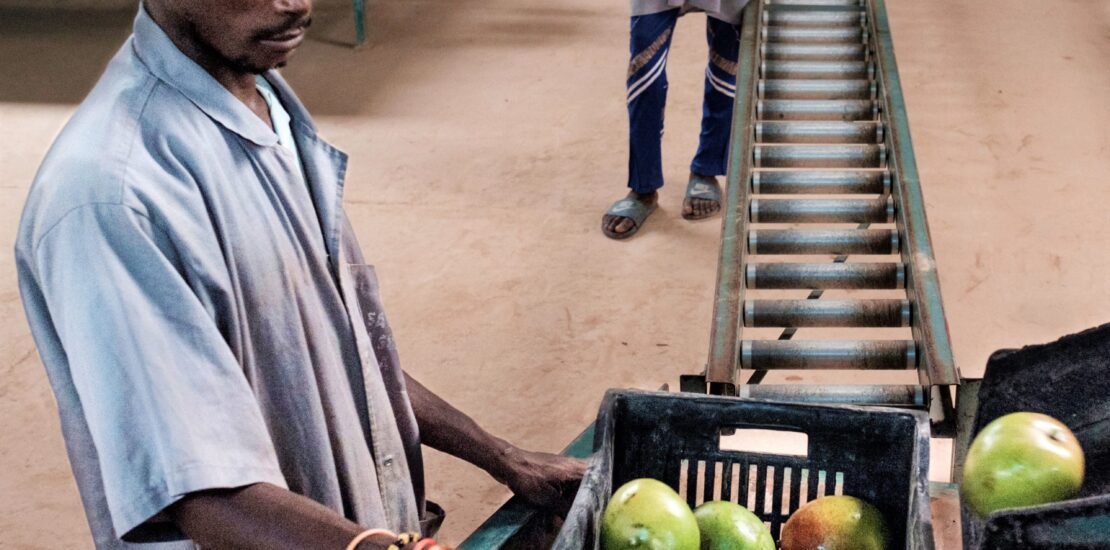 On 8 December, COLEACP signed a Cooperation Agreement with the Economic Community of West African States (ECOWAS). Mr Alain Sy Traoré, Director of Agriculture and Rural Development of the ECOWAS Commission, said “Within the framework of this Cooperation Agreement, we encourage the continuation of the exchanges initiated between COLEACP and ECOWAS through the Fit For Market SPS and SyRIMAO programmes, which have already made it possible to identify points of synergy between the two projects for the next mango campaign… +
On 8 December, COLEACP signed a Cooperation Agreement with the Economic Community of West African States (ECOWAS). Mr Alain Sy Traoré, Director of Agriculture and Rural Development of the ECOWAS Commission, said “Within the framework of this Cooperation Agreement, we encourage the continuation of the exchanges initiated between COLEACP and ECOWAS through the Fit For Market SPS and SyRIMAO programmes, which have already made it possible to identify points of synergy between the two projects for the next mango campaign… +EU MRL changes
- 13/11/2020
- Posted by: Gaetan Dermien
- Category: Africa, Angola, Benin, Botswana, Burkina Faso, Burundi, Cameroon, Cape Verde, Caribbean, Central African Republic, Chad, Côte d'Ivoire, Democratic Republic Of The Congo, Djibouti, Dominica, Dominican Republic, Equatorial Guinea, Eritrea, Eswatini, Ethiopia, Federated States of Micronesia, Fiji, Gabon, Gambia, Ghana, Grenada, Guinea, Guinea-Bissau, Guyana, Haiti, Jamaica, Kenya, Lesotho, Liberia, Madagascar, Malawi, Mali, Mauritania, Mauritius, Mozambique, Namibia, Niger, Nigeria, Pacific, Papua New Guinea, Republic of the Congo, Rwanda, Saint Kitts and Nevis, Saint Lucia, Saint Vincent and the Grenadines, Samoa, Sao Tome and Principe, Senegal, Seychelles, Sierra Leone, Somalia, Sudan, Suriname, Tanzania, Timor-Leste, Togo, Tonga, Trinidad and Tobago, Tuvalu, Uganda, Vanuatu, Zambia, Zimbabwe
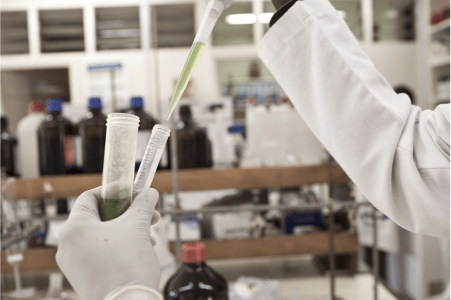 This news provides updates on recent changes to EU maximum residue limits (MRLs) for plant protection products (PPPs). Where an MRL has been lowered, it is important for growers using the PPP to make any necessary adjustments in good time to ensure continued compliance with EU regulations. This may mean adapting production practices (good agricultural practices, GAP) or using alternative control methods. This news also includes a complete list of the MRL changes introduced so far in 2020. If you… +
This news provides updates on recent changes to EU maximum residue limits (MRLs) for plant protection products (PPPs). Where an MRL has been lowered, it is important for growers using the PPP to make any necessary adjustments in good time to ensure continued compliance with EU regulations. This may mean adapting production practices (good agricultural practices, GAP) or using alternative control methods. This news also includes a complete list of the MRL changes introduced so far in 2020. If you… +IPPC Capacity Development guides now available in French
- 12/11/2020
- Posted by: Emmanuel Bourcelet
- Category: News
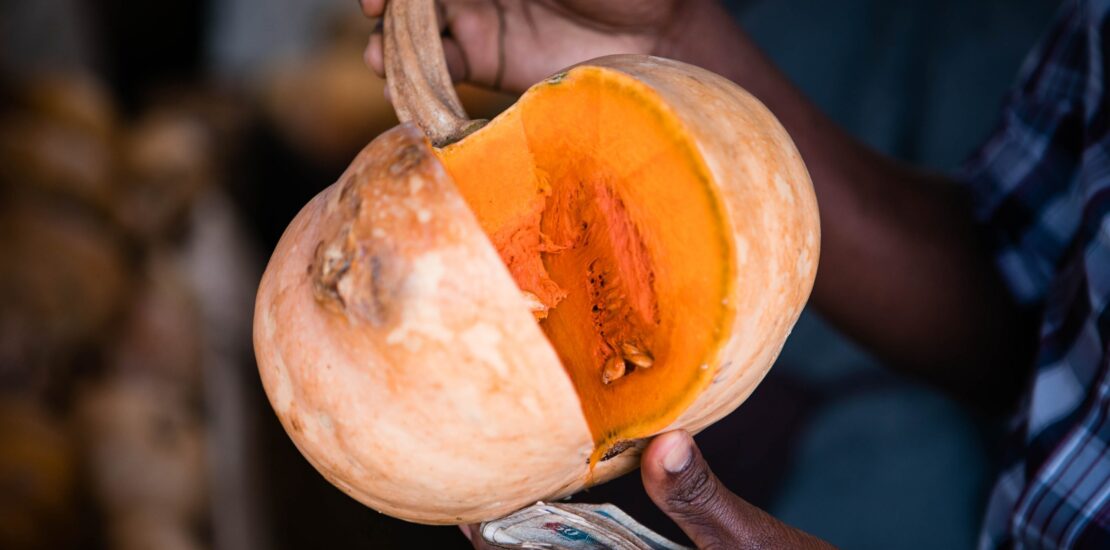 In the field of plant health, the International Plant Protection Convention (IPPC) is the world’s reference organisation. It offers many high-quality publications, including Capacity Development guides that support the activities of National Plant Protection Organisations (NPPOs). COLEACP has been collaborating with the IPPC to co-publish French versions of eight of these guides, which were originally published in English, particularly with the intention of making them available to the francophone countries in West Africa. The guides draw extensively on requirements specified… +
In the field of plant health, the International Plant Protection Convention (IPPC) is the world’s reference organisation. It offers many high-quality publications, including Capacity Development guides that support the activities of National Plant Protection Organisations (NPPOs). COLEACP has been collaborating with the IPPC to co-publish French versions of eight of these guides, which were originally published in English, particularly with the intention of making them available to the francophone countries in West Africa. The guides draw extensively on requirements specified… +STDF Cameroon: Support to Penja Pepper GI staff
- 21/10/2020
- Posted by: Emmanuel Bourcelet
- Category: Cameroon, Pepper
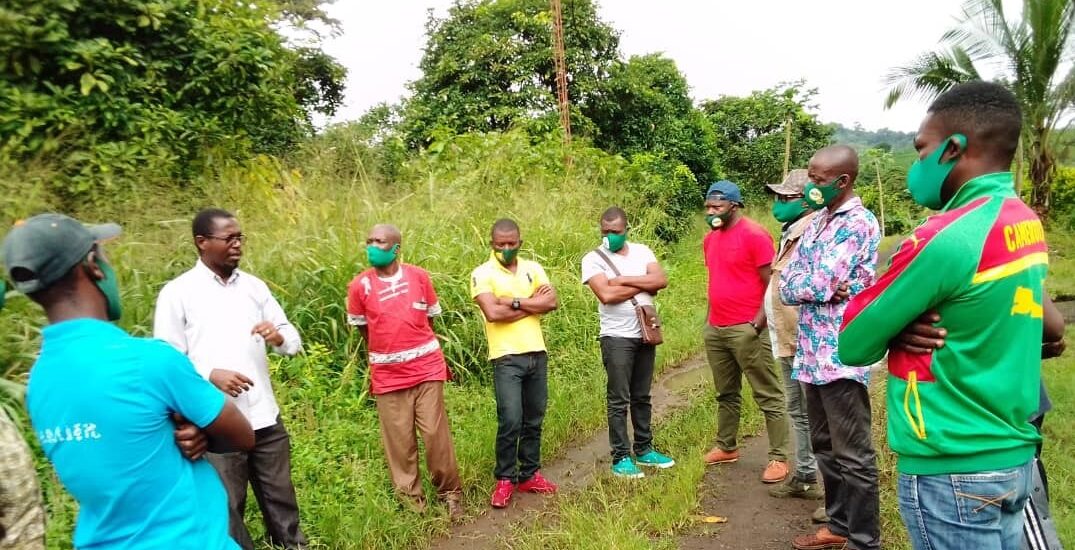 A mission is under way in Penja to support staff of the Penja Pepper Geographical Indication (GI) to create a database of all the main actors in the pepper production and distribution chain in the five production basins of the GI, as well as a census of these stakeholders in the field. This mission is part of the STDF/PG/593 project, which aims to contribute to improving the sanitary and phytosanitary quality of Penja pepper to facilitate its access to markets,… +
A mission is under way in Penja to support staff of the Penja Pepper Geographical Indication (GI) to create a database of all the main actors in the pepper production and distribution chain in the five production basins of the GI, as well as a census of these stakeholders in the field. This mission is part of the STDF/PG/593 project, which aims to contribute to improving the sanitary and phytosanitary quality of Penja pepper to facilitate its access to markets,… +
